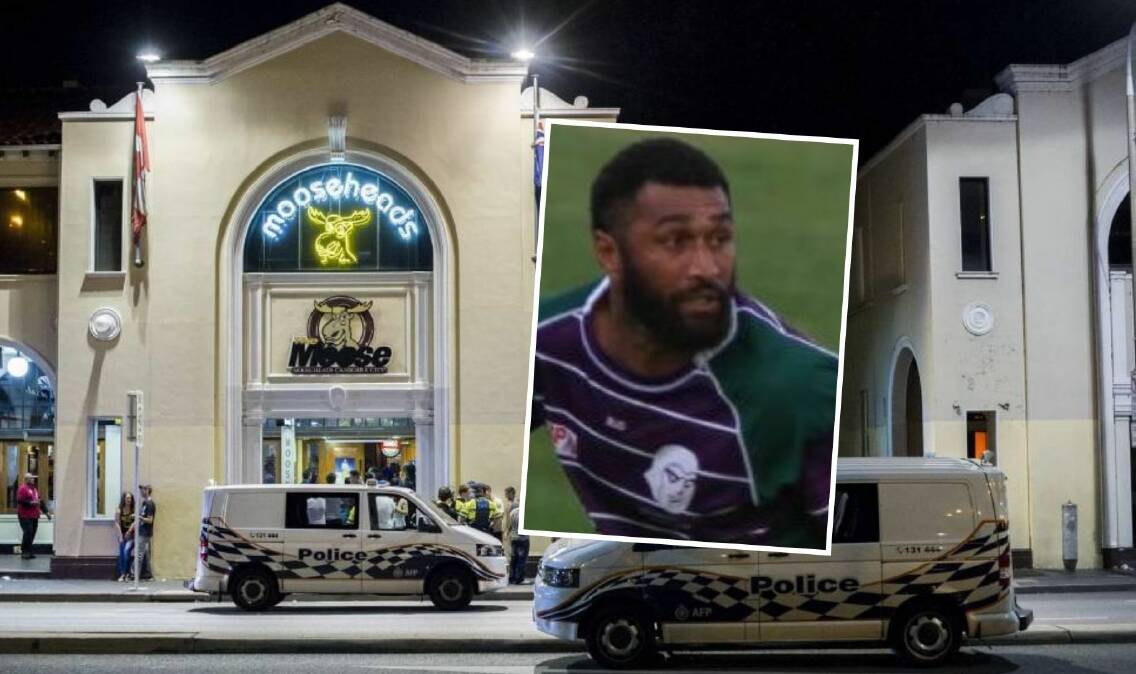
"Countless" convictions obtained in the ACT over the course of 30 years would be invalidated if a gang rape leader successfully argues the territory's laws should be regarded as Commonwealth legislation, the High Court has been warned.
Saimoni Vunilagi is challenging the constitutional validity of the judge-alone trial he faced in the ACT Supreme Court, which found him guilty of leading a gang rape and jailed him.
The Fijian, who also uses the first name Simon, was ordered to face the judge-alone trial under COVID-19 emergency laws in 2020, when juries were temporarily suspended.
Vunilagi's solicitor, Tom Taylor, has previously told The Canberra Times he was "deeply troubled" his client's right to a jury had been legislated away by the since-repealed laws.
At an appeal hearing on Wednesday and Thursday, Vunilagi's barrister, Bret Walker SC, attempted to persuade the High Court a jury trial was required by the Constitution.

His argument is based on a contention that, despite self-government, the ACT's laws were imposed on the territory by the Commonwealth and remain a product of federal power.
Mr Walker says this makes the offences Vunilagi was found to have committed crimes against "laws of the Commonwealth", which cannot be the subject of a judge-alone trial.
ACT Solicitor-General Peter Garrisson SC argues this is not the case, and the offences with which Vunilagi was charged under the ACT's Crimes Act cannot be considered Commonwealth crimes.
If they were, Mr Garrisson told the High Court on Wednesday, judge-alone trials for indictable criminal offences would no longer be permitted in Australia's territories.
Accused people have been able to elect judge-alone trials in the ACT since 1993, though some charges are excluded from such election, and Mr Garrisson said "countless convictions" had been obtained in such cases during the last three decades.
On Thursday, Commonwealth Solicitor-General Stephen Donaghue KC told the court "any convictions in such trials would be invalidated" if Mr Walker's argument succeeded.
Dr Donaghue said the issue would also have an impact on the Northern Territory, which had, like the ACT, "long permitted" judge-alone trials.
Decisions in those matters, and any Northern Territory trial that ended with a majority verdict, would also be "jeopardised" should Mr Walker's argument be accepted, he said.
Dr Donaghue and Mr Garrisson have asked the High Court to dismiss Vunilagi's appeal, as has Northern Territory Solicitor-General Nikolai Christrup SC.
The full bench of the court has reserved its decision.







